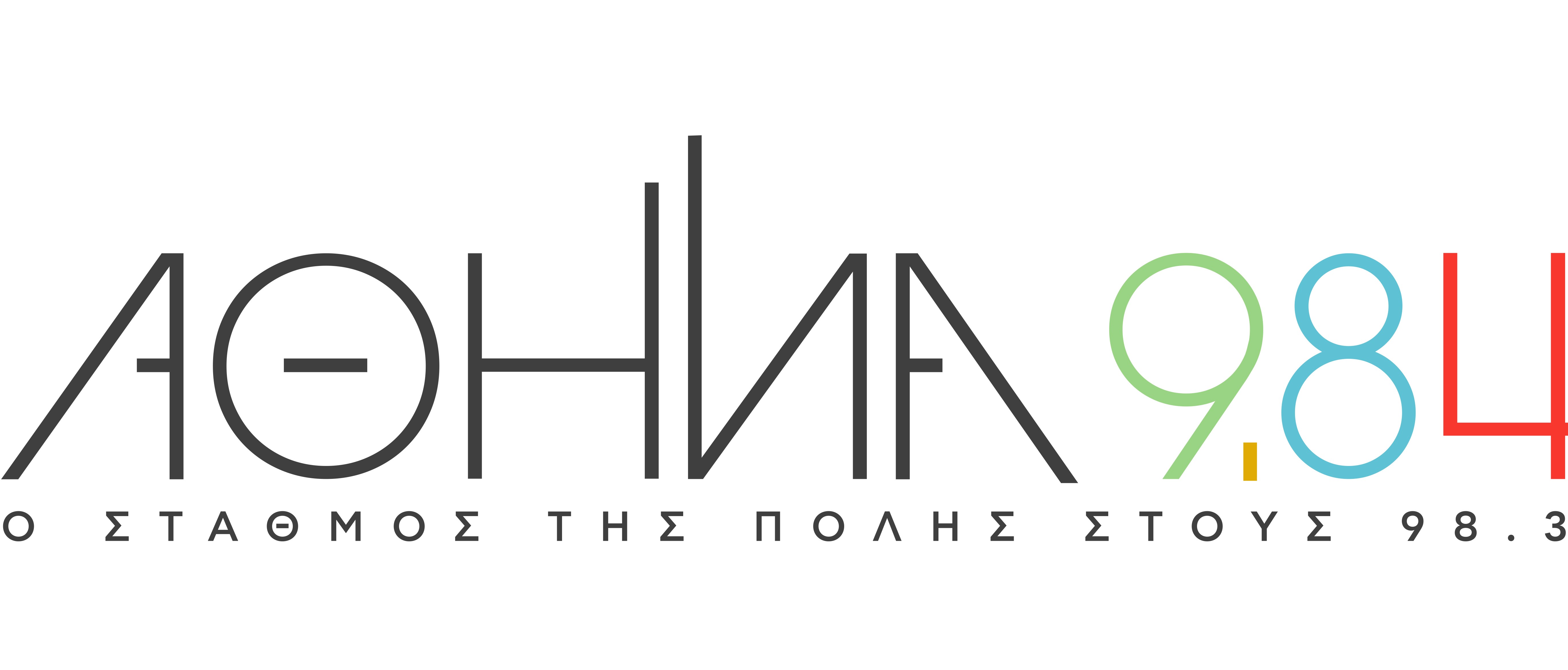Οι ρωσικές μονάδες αποκατάστασης της τάξης, έχουν ξεκινήσει μια διαδικτυακή διαφήμιση προσλήψεων εδώ και εβδομάδες από τότε που ξεκίνησαν οι διαδηλώσεις συμπαράστασης στον επικριτή του Κρεμλίνου Αλεξέι Ναβάλνι που βρίσκεται στην φυλακή.
Η αστυνομία κάνοντας χρήση βίας κατέστειλε τις διαδηλώσεις διαμαρτυρίας στις οποίες συμμετείχαν δεκάδες χιλιάδες υποστηρικτές του Ναβάλνι και οι οποίες πραγματοποιήθηκαν σε όλη την ρωσική επικράτεια από τον Ιανουάριο έως τις αρχές Φεβρουαρίου, μετά την επιστροφή του Ναβάλι στη Ρωσία από τη Γερμανία και την καταδίκη του σε ποινή φυλάκισης δυόμιση ετών.
Έκτοτε, οι δυνάμεις αποκατάστασης της τάξεως, έχουν προβεί σε εκατοντάδες καταχωρίσεις για προσλήψεις σε σχετικούς ιστότοπους εύρεσης εργασίας, όπως είναι το HH.ru, που διευθύνεται από την Headhunter Group, το Avito και το Superjob.ru.
Οι μονάδες αποκατάστασης της τάξης γνωστές ως ΟΜΟΝ που είναι μονάδες της Ρωσικής Εθνικής Φρουράς, οι οποίες λαμβάνουν μέρος σε όλες τις διαδηλώσεις διαμαρτυρίας σε όλη την ρωσική επικράτεια, έκαναν διαφημιστικές καταχωρήσεις για προσλήψεις στο Headhunter 1607 φορές στο διάστημα από τις 24 Ιανουαρίου έως τις 24 Φεβρουαρίου. Την ίδια περίοδο πέρυσι είχαν κάνει μόνο 151 καταχωρήσεις.
Τον ίδιο μήνα, η κύρια μονάδα αστυνομίας της Μόσχας, γνωστή ως Δεύτερο Ειδικό Σύνταγμα, έκανε 608 καταχωρήσεις στο Headhunter, έναντι 11 κατά την ίδια περυσινή περίοδο.
«Δεν απαιτείται εμπειρία» ανάφερε μια διαφημιστική καταχώρηση για πρόσληψη ελεύθερων σκοπευτών της αστυνομίας για το Δεύτερο Ειδικό Σύνταγμα στην ιστοσελίδα του Headhunter, με μηνιαίο μισθό έως 70.000 ρούβλια (791,5 ευρώ).
Η διαφήμιση δημοσιεύτηκε για πρώτη φορά στον ιστότοπο του Headhunter στις 21 Φεβρουαρίου και αναδημοσιεύτηκε 100 φορές σε τέσσερις μέρες, δήλωσε στο Reuters η υπηρεσία τύπου του Headhunter.
Το ρωσικό Υπουργείο Εσωτερικών δεν ανταποκρίθηκε όταν του ζητήθηκε να σχολιάσει το θέμα. Η υπηρεσία Τύπου της Εθνικής Φρουράς της Ρωσίας δήλωσε ότι η δημοσίευση των διαφημίσεων για προσλήψεις είναι «κάτι το συνηθισμένο», χωρίς να αναφερθεί στον αν αυξήθηκαν ή όχι οι διαφημιστικές καταχωρήσεις.
“Δεν σχετίζονται οι προσλήψεις με τις διαδηλώσεις”
Στο ιστότοπο Avito, ο αριθμός καταχωρήσεων για προσλήψεις στις μονάδες αποκατάστασης της τάξης που έγινε στο διάστημα μεταξύ 26 Ιανουαρίου και 25 Φεβρουαρίου ήταν κατά 3,7 φορές μεγαλύτερος από την αντίστοιχη περσινή περίοδο, ενώ ο αριθμός των αποκρίσεων αυξήθηκε κατά 5,1 φορές, σύμφωνα με στοιχεία που κοινοποίησε η εταιρεία στο Reuters.
Δύο αξιωματικοί της OMON ανάφεραν σε τηλεφωνική επικοινωνία ότι η προσπάθεια που γίνεται για την πρόσληψη νέων ατόμων δεν σχετίζεται με τις διαδηλώσεις διαμαρτυρίας αλλά με τις ανάγκες να πληρωθούν οι θέσεις που μένουν κενές όταν κάποιοι φεύγουν αναζητώντας νέες ευκαιρίες. Οκτώ αξιωματικοί από το Δεύτερο Ειδικό σύνταγμα επιβεβαίωσαν ότι η διαφημιστική καμπάνια ήταν πολύ μεγαλύτερη από τα φυσιολογικά πλαίσια.
Ένας μάλιστα δήλωσε στο Reuters ότι «έχουμε μεγάλο οδηγό προσλήψεων». Ένας άλλος αξιωματικός δήλωσε ότι οι εντατικές προσλήψεις άρχισαν να γίνονται μετά από μια απόφαση που ελήφθη πριν από περίπου δύο χρόνια και αφορούσε στην αύξηση του προσωπικού.
Πηγή: ΑΠΕ-ΜΠΕ









